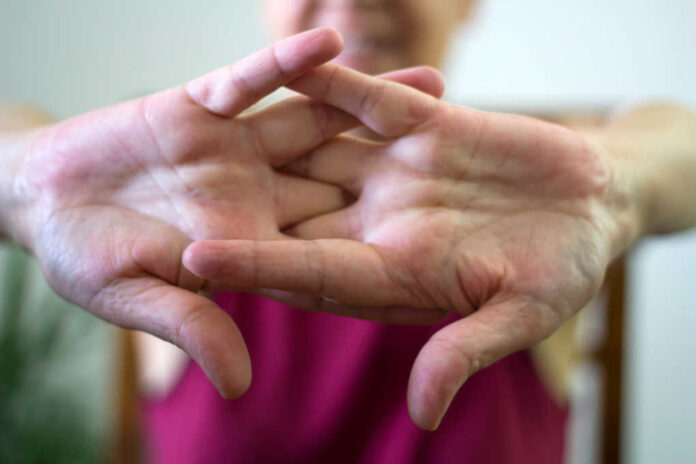
You’ve probably heard this old wives’ tale: if you crack your knuckles, you’ll get arthritis.
It’s an easy conclusion to jump to. Arthritis involves painful joints – the same joints that often snap, crackle, and pop.
But even though it may seem like common sense, there’s no scientific evidence to suggest that there’s a legitimate link between cracking your knuckles and arthritis.
Knuckle-cracking is not a known risk factor for causing arthritis. People who crack their knuckles appear to get arthritis at the same rate as people who don’t.
The Sounds of Knuckle Cracking
Many explanations have been proposed for the popping noise that accompanies knuckle-cracking.
One common belief is that you are hearing a gaseous bubble being popped.
Another explanation, based on MRI scans, suggests that the sound comes from a bubble being created instead of collapsing. Think of it as a suction cup being removed from a surface. The rapid change in pressure that results from opening up a partially vacuumed cavity might be what causes the popping noise.
A study from 1990 showed that cracking your knuckles may be associated with increased hand swelling and lower grip strength, but a more recent study from 2017 found no such reduction in grip strength. These studies were small, so further research is needed to make any firm conclusions.
While knuckle-cracking and joint popping might not be damaging, the obsessive habit doesn’t appear to provide any benefit either.
The Pains of Arthritis
Arthritis is a group of inflammatory conditions that cause joints to become painful and swollen.
Rheumatoid arthritis happens when the body’s immune system attacks its joints and can happen at any age.
Osteoarthritis, the more common type, is a slower, gradual degeneration of the protective cartilage that cushions the ends of your bones. It affects around 30 million people in the United States and is commonly associated with aging.
People with osteoarthritis feel an aching pain in their joints, stiffness (especially in the morning), decreased flexibility and range of motion and swelling. Risk factors include:
- joint injury
- joint overuse
- age
- gender (more common in women)
- genetics
- obesity
- diet
The links between diet and arthritis are not fully understood. While there isn’t a cure for arthritis, a healthier diet may provide a possible self-care strategy for managing the symptoms or preventing arthritis from developing in the first place.
A growing body of evidence suggests an association between greater meat consumption and the prevalence of degenerative arthritis.
Reducing how much meat, refined carbohydrates (white bread, white rice, pasta, pastries, etc.), and processed foods you eat and substantially increasing your intake of fruits and vegetables may significantly alleviate the aches and pains of arthritis. A healthier diet reduces inflammatory precursors, increases fiber and nutrient intake, and contributes to weight loss.
If you are experiencing joint pain, talk to your doctor about diagnosis and treatment options.






















